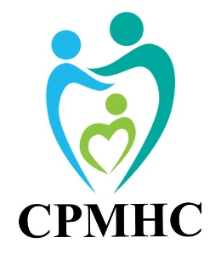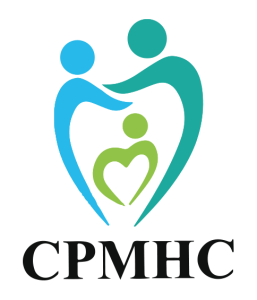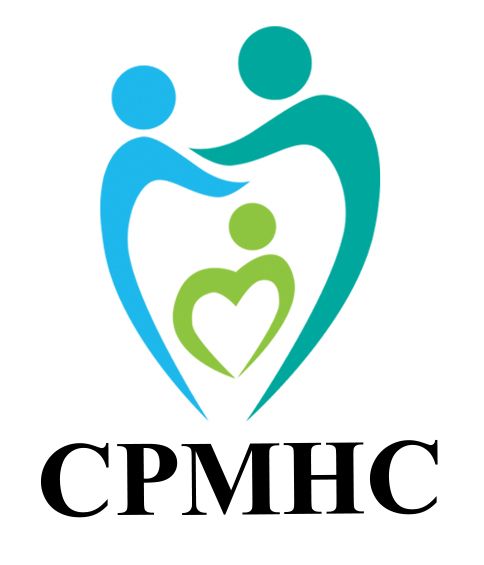Hilary Brown

Traumatic brain injury and perinatal mental illness
In Canada, 2% of the population lives with a traumatic brain injury (TBI), and there are 18,000 hospitalizations for TBI each year. One-third of persons with TBI are women, and TBI is common in young women entering their childbearing years. Women with TBI are more likely than men to have mental health problems post-injury. Yet, little is known about their mental health around the time of pregnancy. This is an important issue because women with TBI may be uniquely at risk for new or worsening mental illness in pregnancy and the postpartum period because of stressors related to sleep deprivation and sensory issues, and the impact of hormonal changes on a vulnerable brain. Our goals are to examine the burden of mental illness among women with TBI before, during, and after pregnancy and the risks of medical problems in the mother and baby during and after pregnancy among women with co-occurring TBI and perinatal mental illness. Evidence of an association between TBI and mental illness around the time of pregnancy will lead to the development of health care services that address the unique mental health needs of women with TBI. Given that TBI is a leading cause of disability worldwide, these efforts will result in better outcomes for mothers, infants, and families by providing more responsive support to women with TBI.
Funding: “Traumatic brain injury and perinatal mental health outcomes”. Canadian Institutes of Health Research Project Scheme Grant. Nominated Principal Investigator: Brown HK. Co-Principal Investigator: Vigod SN. Co-Investigators: Cohen E, Colantonio A, Chan V, Mollayeva T, Ray J, Saunders N, Sutradhar R.
Chronic medical conditions and perinatal mental illnessPerinatal mental illness includes mood, anxiety, and psychotic disorders that occur in pregnancy or in the first 12 months after delivery. Affecting 20% of women, perinatal mental illness has serious negative consequences for mothers, infants, and families. Women at high risk for perinatal mental illness need to be identified early to avoid negative outcomes. Previous history of mental illness, stress, and lack of support are known to predict perinatal mental illness. Outside of the perinatal period, chronic medical conditions may be risk factors for mental illness. However, although 1 in 5 pregnant women have a chronic medical condition, the association between chronic medical conditions and perinatal mental illness is not fully understood. Our aim is to examine the impact of chronic medical conditions on the risk for mental illness during pregnancy or postpartum. Our findings will improve the health care delivery system: If there is an association between chronic medical conditions and perinatal mental illness, we will provide evidence needed to prioritize including mental health resources in obstetrical services. Because many pregnant women have chronic medical conditions, our research has the potential to make a substantial positive impact on the health of Canadian mothers, infants, and families.
Funding: “Chronic medical conditions and perinatal mental illness”. Canadian Institutes of Health Research Project Scheme Grant. Principal Investigator: Brown HK. Co-Investigators: Dennis CL, Guttmann A, Vigod S, Ray J.
Disability and maternal and infant outcomes
In Canada, one in 8 women of childbearing age has a disability. Disabilities can be categorized as physical (e.g., spinal cord injuries), sensory (e.g., vision and hearing impairments), and intellectual and developmental (e.g., fetal alcohol syndrome). Until recently, childbearing rates among women with disabilities were low. With medical advances and better integration of persons with disabilities in the community, more women with disabilities are starting families. Women with disabilities experience high rates of poverty and poor health, and research is beginning to show that these factors increase their risk for poor pregnancy and later child outcomes. However, there is little research examining the health of their infants. Our aim is to compare perinatal health and mental health outcomes, and infant health and health care access, among women with and without disabilities. Our findings will improve the health care delivery system: Evidence of increased risk for poor outcomes among women with disabilities will provide information needed to create specialized supports for women with disabilities and their infants. Because women with disabilities represent a growing maternal population, our research could have a significant impact on the health of Canadian mothers and infants.
Funding: “Pregnancy in women with disabilities: Using novel methods to characterize risk”. National Institutes of Health R01. Nominated Principal Investigator: Brown HK. Co-Principal Investigator: Lunsky Y. Co-Investigators: Guttmann A, Havercamp S, Parish S, Ray J, Vigod S. and “Infants born to women with disabilities: Health and health care”. Canadian Institutes of Health Research New Investigator Grant in Maternal, Reproductive, Child and Youth Health. Principal Investigator: Brown HK. Co-Investigators: Guttmann A, Lunsky Y, Ray J, Vigod S.


